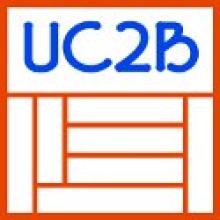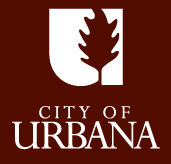Rachel Maddow: Public Investment in Broadband is Important
Rachel Maddow reminds us that many areas of America still do not have broadband in her coverage of the broadband stimulus funds prior to an interview with USDA Secretary Vilsack on October 5 (transcript).
While introducing Secretary Vilsack, Rachel had a terrific explanation of why public investments into broadband are essential:
The idea here behind spreading broadband to America`s rural areas is the same one behind the rural electrification program from the 1930s. The idea that even if it`s not profitable for private industry to extend the basics of modern economic life, electric light then and the Internet now, even if it`s never going to be profitable to some private company to extend those things to every last home down every long dirt road in America, it is worth it to America, worth it to us, that everybody has access to those things. That we`re all plugged in. It is the right kind of jobs investment for the country to put people to work laying those lines and connecting those Americans to the grid and it is the right things to do for the rural parts of the country so that people and businesses in every part of the country can compete economically.Extremely glad to see Rachel devoting time to this important issue.
Visit msnbc.com for breaking news, world news, and news about the economy




 The goal is ultimately to connect everyone -- residents and businesses -- with the best network possible, allowing independent ISPs to offer services. However, this approach is somewhat new, with a lot of diverse stakeholders trying to work together so it will undoubtedly be a project to watch and learn from.
Follow the project and
The goal is ultimately to connect everyone -- residents and businesses -- with the best network possible, allowing independent ISPs to offer services. However, this approach is somewhat new, with a lot of diverse stakeholders trying to work together so it will undoubtedly be a project to watch and learn from.
Follow the project and 